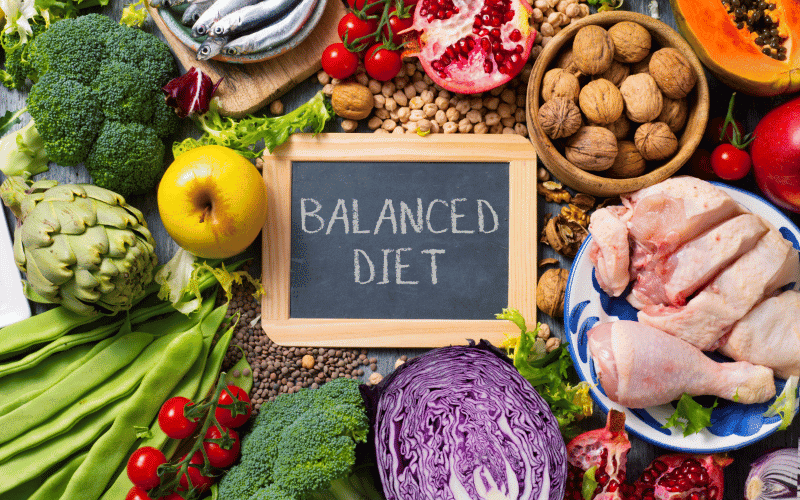Introduction: The Impact of Fatigue on Ulcerative Colitis Patients
For individuals living with ulcerative colitis, fatigue can be a constant and overwhelming companion. This type of exhaustion is not merely physical, but also mental and emotional, causing a significant impact on daily activities, work, and relationships. For many, overcoming fatigue can seem like an uphill battle, but there are strategies to help manage and reduce its debilitating effects.
In this article, we’ll delve into 10 evidence-based methods for combating fatigue in ulcerative colitis patients, focusing on lifestyle changes, dietary adjustments, and other practical approaches. Our aim is to provide you with the tools you need to regain your energy and improve your overall quality of life.
Before we dive into the different ways to fight fatigue, it’s crucial to understand the connection between ulcerative colitis and fatigue. Ulcerative colitis is a chronic inflammatory bowel disease that affects the large intestine, causing symptoms such as abdominal pain, diarrhea, and bloody stools. Fatigue is often a common side effect of this condition, resulting from a combination of factors, including inflammation, malnutrition, and anemia. Additionally, the emotional and psychological toll of living with a chronic illness can further exacerbate fatigue levels.
Now that we have a better understanding of the relationship between ulcerative colitis and fatigue, let’s move on to the different strategies that can help you regain your energy and live a fuller, more vibrant life.
Way 1: Establish a Balanced Diet

A balanced diet plays a crucial role in managing fatigue for individuals with ulcerative colitis. Consuming a variety of nutrient-rich foods provides the necessary fuel for your body to function optimally. In this section, we’ll discuss how to create a balanced meal plan and the benefits of staying hydrated.
When planning your meals, it’s essential to include lean protein, complex carbohydrates, healthy fats, and plenty of fruits and vegetables. These foods provide essential nutrients such as vitamins, minerals, and antioxidants, which can help reduce inflammation and support overall health.
Lean proteins, such as chicken, turkey, and fish, are beneficial because they promote muscle repair and growth, support immune function, and provide sustained energy. Complex carbohydrates, found in whole grains, legumes, and starchy vegetables, are an essential source of energy for the body and help maintain stable blood sugar levels. Healthy fats, such as those found in avocados, nuts, and olive oil, can reduce inflammation and support brain function.
It’s also important to note that each person with ulcerative colitis may have unique dietary needs and triggers. Thus, it’s crucial to work with a healthcare professional or registered dietitian to tailor a meal plan specific to your individual requirements. They can help you identify and avoid trigger foods while ensuring you still receive all the necessary nutrients.
Finally, staying hydrated is essential for maintaining energy levels. Dehydration can lead to feelings of exhaustion and negatively impact both physical and cognitive performance. Be sure to drink plenty of water throughout the day, and consider incorporating other hydrating beverages like herbal teas or coconut water. Monitor your urine color as a general indicator of your hydration status: pale yellow to clear urine typically signifies adequate hydration. (1)